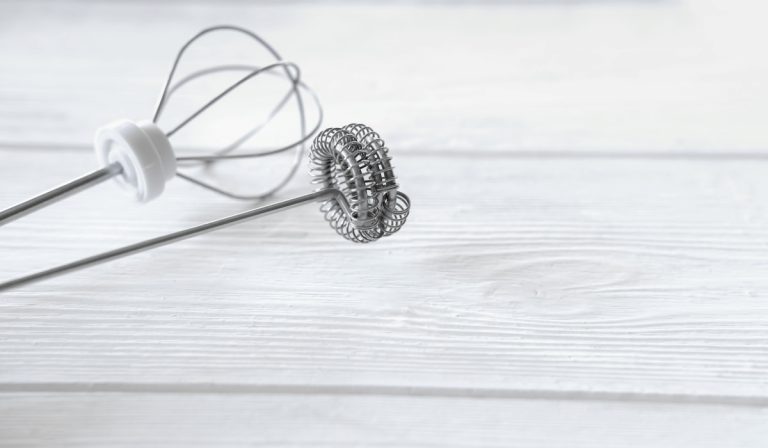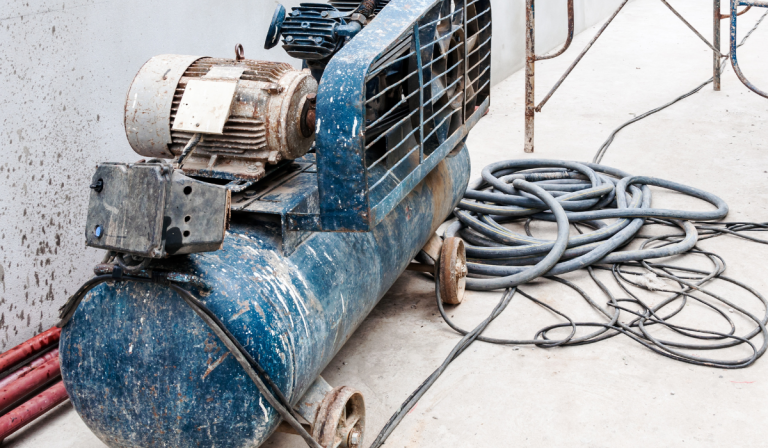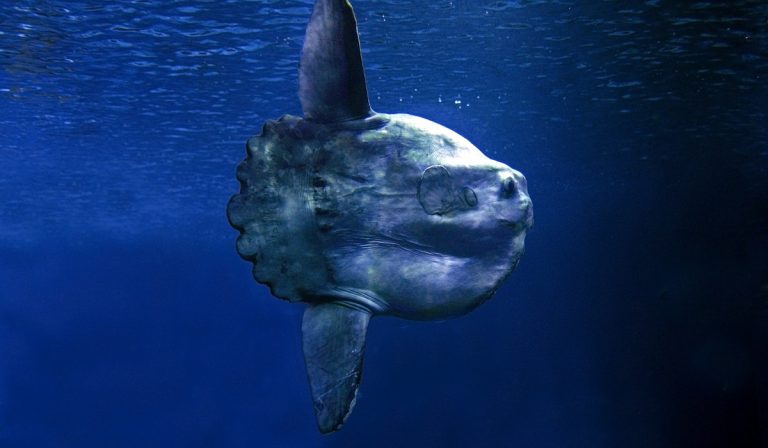11 Things to Know Before Buying an Aquarium (Read Before Buying!)
An aquarium can make your home super beautiful, and many people wish to have one. Well, do not be in a hurry to install an aquarium in your home without proper planning so that you do not make terrible mistakes.
Read this article, as we hope to show you some things that you must know before buying an aquarium.

1. Type of Aquarium Water
Do you want to have a saltwater aquarium or a freshwater aquarium? What about brackish water?
The type of water that you use in your aquarium should be determined by the types of fish that you want to raise in the aquarium.
The type of water that you choose also affects your general cost of buying and maintaining an aquarium.
If you choose to use fresh water, you can easily use dechlorinated water at home. However, you need to buy sea salt and other additives if you want to use salt or brackish water. Ensure that you follow the instructions when mixing the salt so that you do not harm your fish.

2. Water Circulation and Purification
One very important factor that people fail to consider before buying an aquarium is how to circulate and purify the water in their aquarium.
By circulation and purification, we mean moving water through different tanks and pipes to ensure that spent water leaves the tank and pure water enters. This means that you’d need a filtration system.
Adding plants to the aquarium also helps to purify the water.
In the case of using filters or disposing of spent water, another factor that you must consider is how you can dispose of the water. While you can use the normal drainage system in your home, remember that aquarium water is very nutritious, so consider using it in the garden.

3. Types of Fish Found in Aquariums
The type of aquarium fish that you buy is very important to consider, as it affects a lot of things. Here are some features of the right aquarium fish that you should watch out for:
- Size: If you want to buy a large fish, you need a large aquarium. For smaller aquariums, go for small or slow-growing fish.
- Color: The color of your fish should match the color theme of your aquarium and home.
- Lifespan: Some fishes can live for over ten years while others have a shorter lifespan. Before going for fish that can live for years, start with the ones with shorter lifespans.
- Behavior: Remember that some fish are territorial in nature and will therefore attack every other fish with which they share the aquarium.
- Feeding rate: If you do not have enough time to care for your aquarium, do not go for fish that you must feed more than twice a day.
- Feeding behavior: Some aquarium fish, especially predators, prefer live prey while others can eat feed pellets.
The best type of fish for your aquarium is up to you.

4. Acclimating Your Fish
Acclimating fish is very important, and you must learn what it is and how to do it properly before you bring your fish home.
Acclimating fish simply means helping the fish adapt to the water in your home before you introduce it into your aquarium tank. You need to acclimate your fish for at least 3-6 hours so that the fish can get used to your aquarium water.
To acclimate your aquarium fish, buy a fish from a pet store. Ensure that the fish comes with water from the pet store. Pour a cup of water from your home tank into the fish bag once every ten minutes for one hour.
After 3-6 hours, you can put the fish into the aquarium tank, now that your fish have acclimated to the tank water.

5. Essential Aquarium Accessories
Here are some items that you should also get (or ensure they come with your aquarium) while buying an aquarium:
- Lighting: You cannot see the beauty of your fish and plants without light in the aquarium.
- Air pump: The air pump is important in an aquarium, as it helps to oxygenate the water so that your fish can get enough oxygen to breathe in the water.
- Filter: Any type of filter that can filter out fish waste and other types of debris from the aquarium system is fine.
- Heater: Just in case it gets too cold outside the aquarium, a heater is important to regulate the temperature of the aquarium so that your fish can stay active and happy.
- Cleaning tools: Well, your aquarium is not going to clean itself. You need a brush, rag, and other types of items to clean up the tank.
When you have these things, you are ready to own an aquarium.

6. Feeding Rate of Your Aquarium Fish
You want to make sure that you give your fish as much feed as they need and exactly when they need it. Here’s what you should consider:
- You are not giving enough feed to the fish: Your fish will grow very slowly. Also, you may notice that the aquarium plants look pale, as they are lacking nitrogen and other nutrients.
- You are overfeeding the fish: In this case, you will see too much fish waste in the water, and you will need to change the water regularly.
As you can see, ensure that the fish in your aquarium gets just the right amount of feed that they need.

7. Feed For Your Fish
What do you intend to feed your aquarium fishes with? Pellets or live feed?
If you choose to raise fish that can only eat live feed, you need to get live feed such as earthworms, insects, and other types of living organisms for the fish. For fish that can eat pellets, you can buy fish pellets from a pet shop nearby.
Note that the type of pellet that you should feed your fish with is determined by the type of fish that you raise.
Some fishes such as catfish grow very quickly, so they need pellets with higher levels of crude protein. If the pellets do not have as many nutrients as the specific fish in your tank needs, the fish will not grow quickly.

8. Number of Fish Per Tank
The number of fishes in your aquarium tank determines:
- Size of tank: The more fish you raise, the larger the tank should be. Too many fish in a small tank may result in the fish not growing as quickly as they should.
- Feeding rate: More fish means that you need to get more feed, as a little feed might no longer be enough. This means that you will spend more on fish feed.
- Water purification rate: More fish in your aquarium will produce more waste. This means that you will need to purify the water more often.
Please do not raise more fish than you can care for.
9. Physicochemical Parameters of Your Aquarium Water
While fish live in water, always remember that water comes in diverse types and forms. Here are some factors that you must remember:
- Temperature: Tropical fishes prefer warm waters while temperate fishes prefer cooler waters. The type of fish that you get would determine the temperature of the tank. Also, note that you should only raise fish that have the same temperature preference. That way, everyone would cohabit with one another comfortably.
- Oxygen: Even though fish cannot breathe air as we do, they surely need oxygen. Ensure that the dissolved oxygen (DO) level of your aquarium tank is never below 5 mg/L.
- pH: Just as in soil for plants, you need to consider the pH of your aquarium water. Ensure that it matches the preferred pH of your selected fish.
- Nitrogen: Ammonia, nitrite, and nitrate are forms of nitrogen that can be in your aquarium tank. They mostly come from your fish waste. While nitrate is not harmful to fish (in reasonable quantities) and can easily be absorbed by plants, the others are toxic.
- Minerals: You want to grow your aquarium fish in dechlorinated water. This means that you should pour the water into a container and let the water settle overnight before you put it in the tank.
Remember that the quality of your aquarium water is very important to consider.

10. Fish Feeding Time and Location
An aquarium trick that can help you and your fish to bond quickly is to set a definite time and place to feed the fish.
If you feed your fish every 8 am and 3 pm, the fish will expect you to come to feed them whenever it is that time of the day. Also, if you only feed your aquarium fishes at a particular spot in the aquarium (perhaps the extreme right), they will swim towards you whenever you stand there.
This technique can also prevent wasting feed because your fish already know when and where you feed them so they will swim towards that place at that time.

11. Common Aquarium Problems
Some problems that you will likely face when you own an aquarium are:
- Fish are dying: If your fish are dying, check the water quality and feeding rate. Is there any chance that a fish might be sick or diseased? Did you recently introduce a new fish or object into the tank?
- Plants are dying: Your aquarium plants dying could mean that the water pH is not suitable. It could also mean that other factors such as temperature, nitrogen, and oxygen are not suitable.
- Aquarium water gets dirty too quickly: This is caused when you overfeed the fish or you do not dispose of the spent water quickly.
- You cannot find a fish: Are there predators in the tank? If not, it could be hiding in the rocks or under your plants. It could also have been taken by your kids or pets.
With the tips in this article, we hope that you install and maintain the most beautiful and healthy aquarium.
Conclusion
Aquariums surely need a lot of work. Well, it is worth it to own an aquarium, as the dazzling beauty of the fish, plants, and rocks is second to none. Before you get your very own aquarium, remember to check back on this article and make sure that you have met every requirement.
Resources
- Experience
- https://www.thesprucepets.com/before-buying-aquarium-1380710
- https://aquagoodness.com/things-you-must-know-before-buying-your-first-aquarium/
- https://www.aqueon.com/articles/11-questions-to-ask-before-you-buy-new-fish-for-your-aquarium
- https://www.glassaquaticsonline.com/blogs/blog/acclimate-like-a-pro






